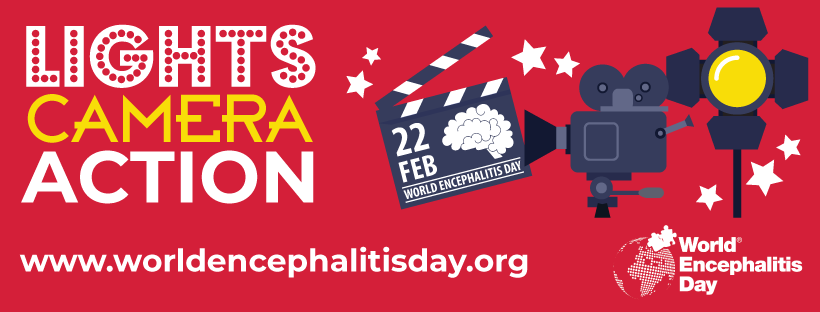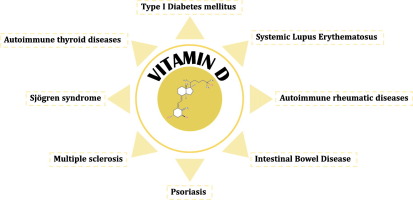Blog
Filter by
Today is Thanksgiving, a holiday for the family to come together and give thanks. This year will be different as not all families will be able to reunite for the holidays due to COVID-19. This situation may apply to our AE community even more so, as many of you are on immunotherapy or just finishing […]
November is National Family Caregivers Month, which recognizes and supports all the work caregivers do to support their loved ones with autoimmune encephalitis. There are over 53 million Americans who are unpaid caregivers to family, friends, and neighbors. Caregiving often has a significant impact on the life of the caregiver. It can make maintaining your […]
World Encephalitis Day is around the corner, and the theme for 2021 is Lights, Camera, Action! Lights – Light up a local landmark Red for WED Camera – Wear Red for WED Actions – Raise Awareness The Encephalitis Society launched World Encephalitis Day in 2014 and, in the years since has reached 187 million people. […]
We had the pleasure of having psychiatrist Stephen Rush, MD discuss the role of psychiatry in AE at our recent Midwest Support Group meeting. Dr. Rush is an Associate professor of Psychiatry and the Medical Director of Ambulatory Services at the University of Cincinnati Department of Psychiatry and Behavioral Neuroscience. In his practice he not […]
Vitamin D (cholecalciferol) is a nutrient found in some foods like fatty fish that can be added to your diet as a supplement. Our body makes vitamin D when our skin is directly exposed to the sun, and most people meet at least some of their vitamin D needs this way. Vitamin D is required […]
Dr. Pojen Deng and Dr. Anusha Yeshokumar (Mount Sinai Health System) discuss autoimmune encephalitis and a multidisciplinary approach to AE Care for the Psychiatric Times Health Minute. They also discuss long term management strategies, including recognition of broad psychosocial ramifications as well as individual cognitive and psychiatric sequelae. https://www.psychiatrictimes.com/view/collaborating-best-outcomes-patients-autoimmune-encephalitis
Everyone knows about the devastation the forest fires are causing in California, Washington, and Oregon. Millions of acres have burned, thousands of buildings have been destroyed, and lots of families have seen their house burn down. Amidst, the devastation, there was a light, a CASPR2 encephalitis survivor. Bob Given, who is 76 years old, was […]
Dr. Ryan Kammeyer and Dr. Amanda Piquet (University of Colorado) discuss a patient with autoimmune encephalitis (AE) with multiple auto-antibodies and review the literature to look at how these multiple auto-antibodies might relate to an underlying malignancy, and how unique features of the auto-antibodies may blend together into a new presentation. AE can occur with […]
The AE community is all too familiar with insurance companies denying coverage for treatments and the cumbersome appeals process they must undergo to get that much-needed treatment. These denials and appeals take up a lot of time & energy and produce frustration and uncertainty. These complications come on top of fighting the disease itself and […]
Antibodies against glutamic-acid-decarboxylase 65 (anti-GAD65) are associated with several neurologic syndromes, including stiff person syndrome and limbic encephalitis. However, their pathogenic role remains controversial. A group led by Dr. Maarten Titulaer (Erasmus University, the Netherlands) studied the clinical relevance of different anti-GAD65 concentrations in patients with neurological disorders and their response to treatment. The group […]








